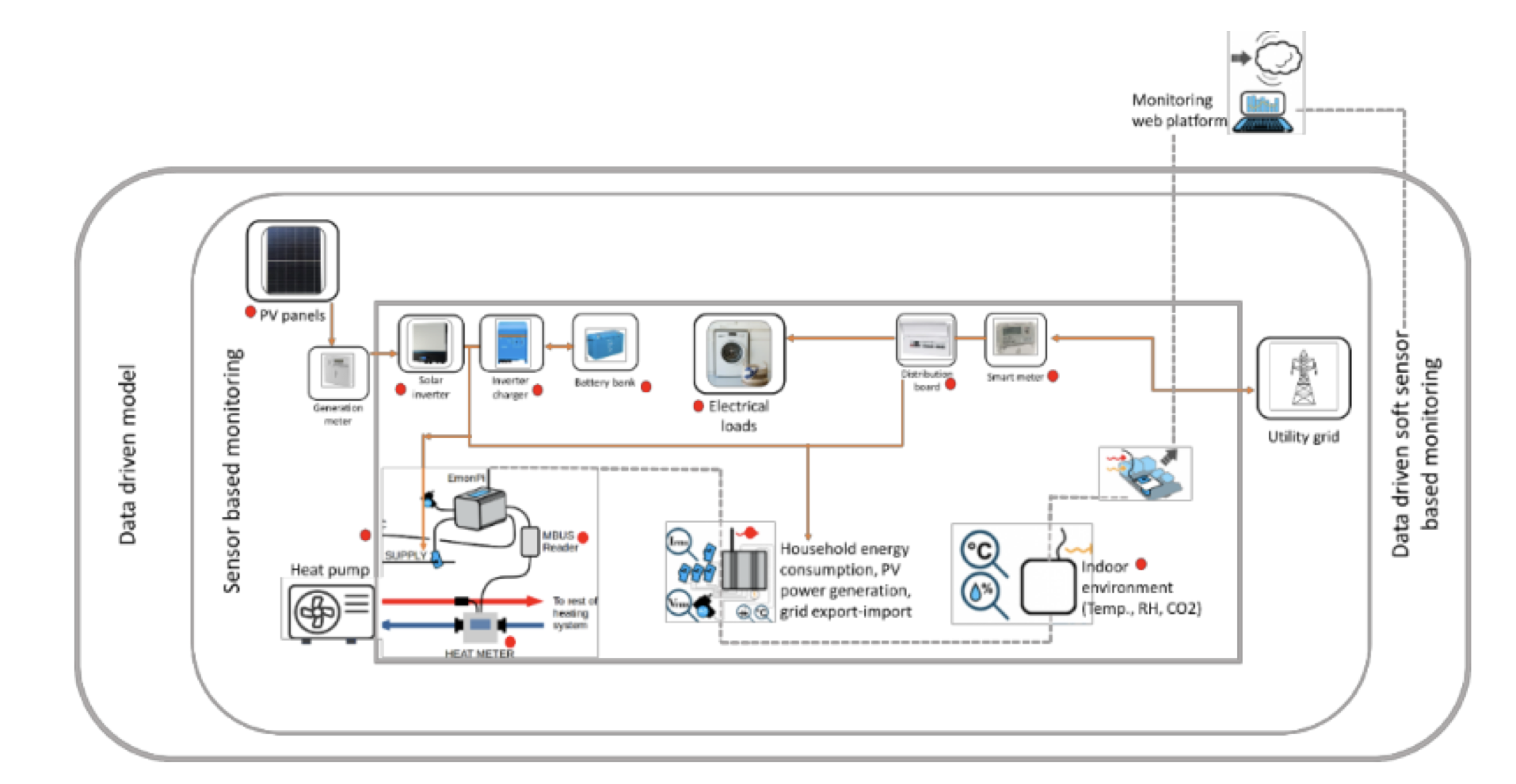GUIDELIGHT – UK Power Networks, electricity distribution
supporting a just energy transition
The Guidelight projects is an InnovateUK funded project (ref 10061358) bringing together industry (UK Power Networks, Scottish Hydro Electric Power Distribution plc & Utilita Energy Limited), research (Centre for Sustainable Energy & Energy and Climate Change Division) and local authorities (Sedgemoor District Council, Portsmouth City Council & Hackney Council), and management consulting organisation (Sia Partners).
Project Summary
Local authority retrofit programmes are rapidly installing low carbon technologies (LCTs) such as heat pumps, batteries, solar panels, smart controls in low-income households and those in vulnerable circumstances. These households are less likely to switch to innovative tariffs or use digital tools to optimise their LCT use. Research has shown this is due to factors such as low energy literacy, digital exclusion, financial constraints, as well as non-inclusive product and service design (such as excluding pre-payment meter users from the most innovative tariffs available). There is a risk of creating a ‘socio-technical’ performance gap through retrofit programmes if the complex array of factors that contribute to asset optimisation and demand management are not addressed. For example, households who have had a heat pump installed by their landlord with little support in achieving a high coefficient of performance and who lack digital confidence to opt into an aggregation service, are likely to see higher bills and reduced comfort. In addition, these households may then add to network constraints rather than mitigate them if they are not appropriately supported and guided.
In response DNOs need to: understand the gap between expected LCT performance and actual in-use performance for these grant- funded LCTs; establish the extent that future demand management programmes requiring these assets will be affected; and develop support interventions needed by installers and customers to reduce this socio-technical performance gap, enhance customer benefit, and increase asset availability for demand side response (DSR).
CSE’s research programme ‘Smart and Fair’ has developed the ‘Smart Energy Capabilities Lens’ (CSE, 20201), identifying the variety of factors that affect a household’s ability to participate in and benefit from the smart energy transition. This project will use this Lens and the Energy Cultures Framework (Stephenson et al. 20102) to identify the factors that affect the technical performance and future DSR availability of LCTs in low-income households and those in vulnerable circumstances.
The project has moved on to the Alpha Phase through the successful delivery of the Discovery Phase, and has recognised the critical need for an integrated approach to energy retrofitting that combines technological innovations with an understanding of householders’ views and practices. Therefore, Guidelight aims develop an Open Access Toolkit of socio-technical Interventions that will provide support and guidance throughout the retrofit life cycle of LCTs. The tool will be designed collaboratively and approved with a Community Research Group (CRG) consisting of stakeholders with relevant experience, such as installers, LAs, social housing providers, and vulnerable households.
ECCD’s work package
1. Simple and easy to understand visualisation of LCT performance monitoring.
2. Provision of simplified warnings in the case of sub-optimal performance or technology failure.
3. Adding additional sensors for studying household energy consumption and indoor environment.
4. Smart interactive advice protocols to achieve maximum financial benefit of the installed LCTs.
5. Backup provision for missing data due to sensor issues leading to total failure of monitoring system.
To deliver the aforementioned key aspects of performance monitoring the report suggested that a combination of physical monitoring and a soft sensor monitoring approach will be needed that can leverage data-driven models and algorithms to predict key performance parameters of the installed technologies.
This work is currently being conducted during phase-2 of the project with ECCD monitoring the performance of LCTs systems deployed in active field sites. This work will result in a second report, recommending monitoring arragements for further, large-scale, intervention testing.

Proposed outline of the hybrid monitoring approach for data collection of low carbon technologies Red dots indicate key data collection points using different sensors (Alam, 2023)
